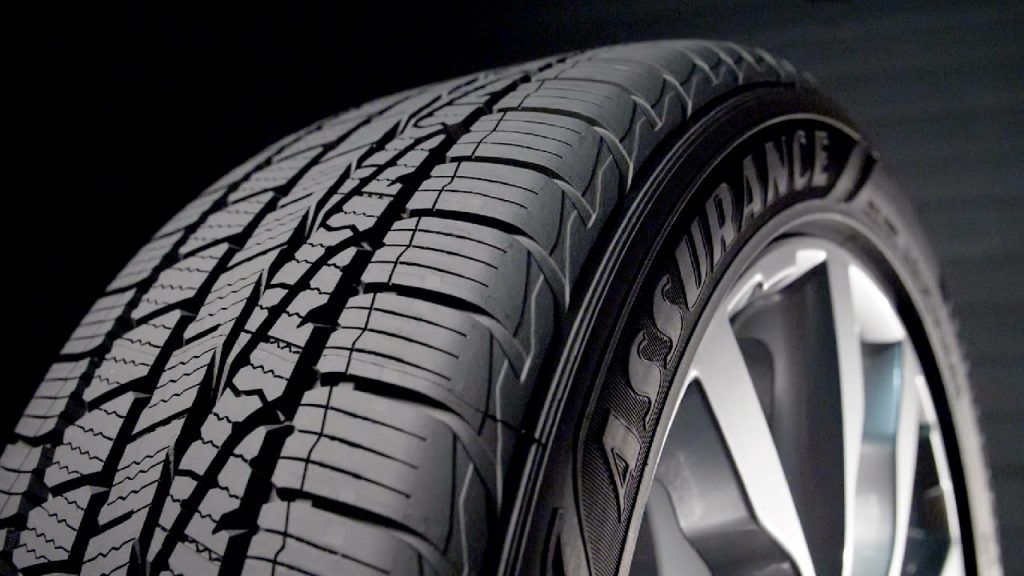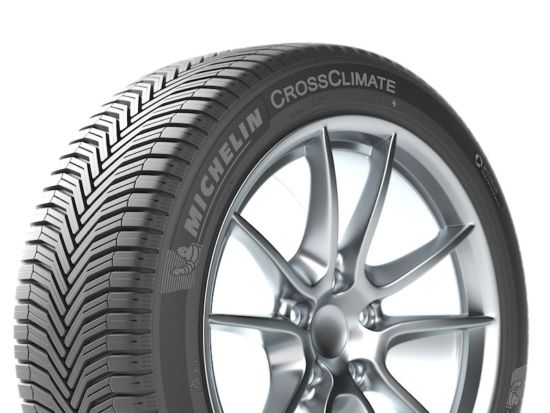All-weather tires have gained popularity as a versatile option for drivers who want a single set of tires to handle various weather conditions. But like any choice, they come with both advantages and drawbacks. Let’s explore the pros and cons of all-weather tires to help you make an informed decision.
Pros of All-Weather Tires
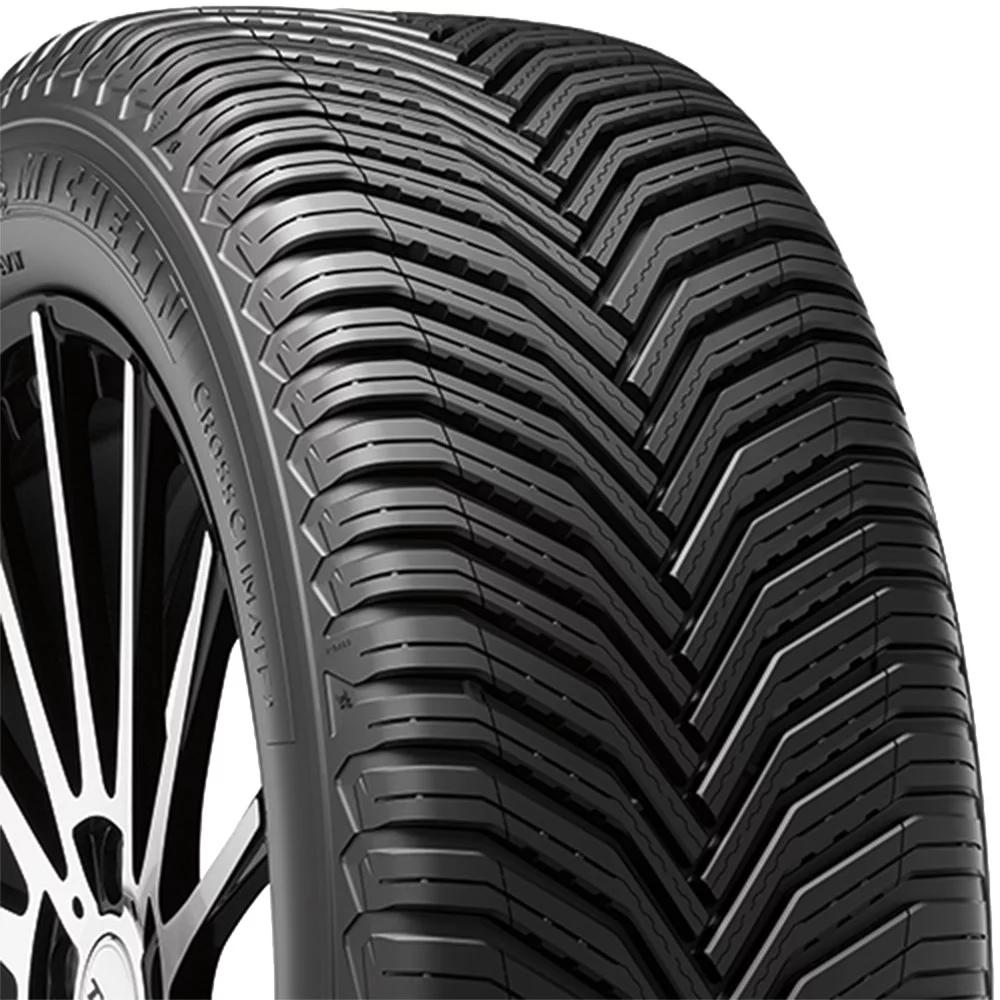
Michline Cross Climate All Weather Tires
The Smart Choice For All Climates Performance in Every Season
Cons of All-Weather Tires
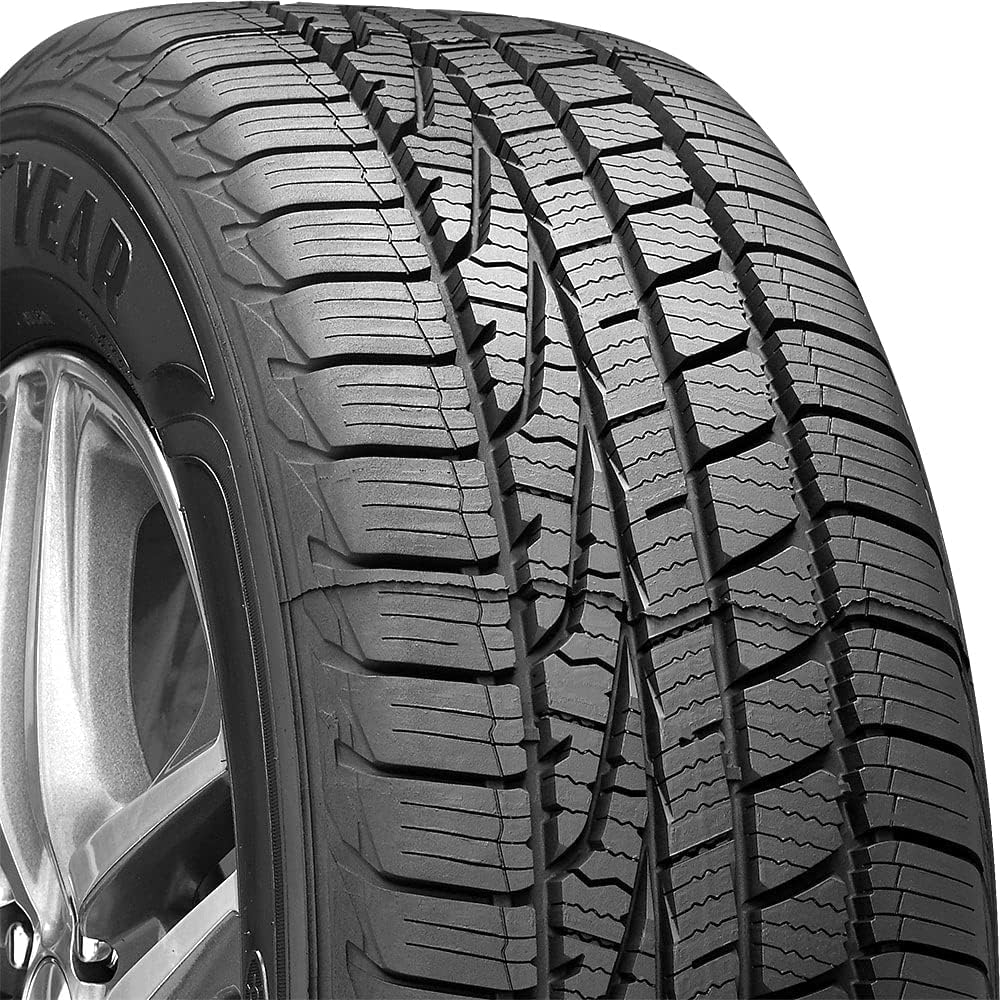
Goodyear Assurance WeatherReady All Weather Tires
Multiple sipes improve grip and prevent uneven tread wear
Conclusion
All-weather tires are a compromise—a jack-of-all-trades solution. If you live in an area with mild winters and occasional snow, they can be a practical choice. However, if you face harsh winter conditions, consider dedicated winter tires for maximum safety. Evaluate your driving habits, climate, and priorities to determine the best fit for your needs. Remember, your tires are the critical connection between your car and the road—choose wisely!
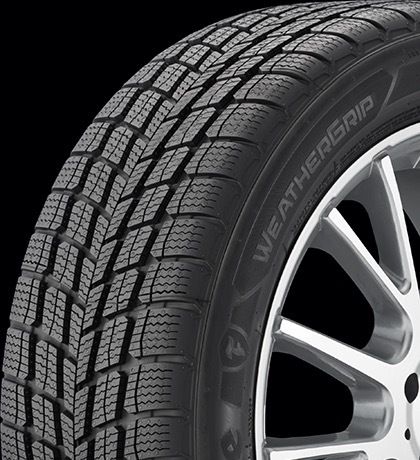
Firestone Weathergrip All-Weather Touring Tire
Built to Help Keep You in Control, No Matter The Weather Confident Wet Performance Year Round ong-Lasting Performance with a 65,000 Mile Limited Mileage Warranty 3 Peak Mountain Snowflake Certified


